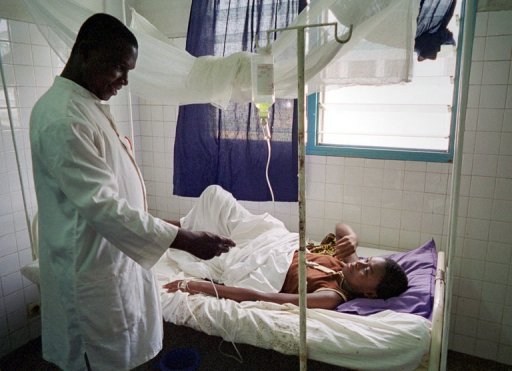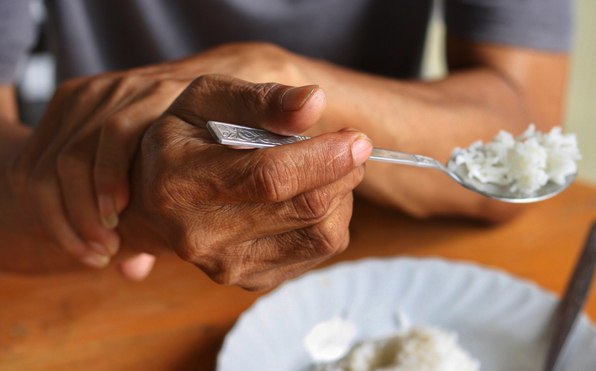Liver cirrhosis: Complications, and prevention
- Posted on 04/03/2024 19:25
- Film
- By raymonddzakpata@sante-education.tg

Extract from the article: The complications of cirrhosis, even if compensated, are multiple, severe, disabling, and even fatal....
Complications
The
complications of cirrhosis, even if compensated, are multiple, severe,
disabling, and even fatal. The liver affected by cirrhosis develops fatty cells
and necrosis in some areas. The consequences of cirrhosis are liver failure,
portal hypertension, a pre-cancerous state, and ascites, which is an
accumulation of fluid in the abdomen. After digestion, the blood leaving the
small intestine and supposed to flow into the liver before passing into other
organs cannot find a passage to the liver since it has become hardened
(cirrhosis). Since blood consists of cells and water, water exits the veins and
accumulates in the abdomen. Hepatocellular carcinoma (one of the liver cancers)
can develop on a liver altered by cirrhosis after 15 to 20 years: it is said
that cirrhosis "sets the stage for cancer."
Are there treatments for cirrhosis?
When
cirrhosis is suspected, the patient is referred to a specialist
(hepatogastroenterologist) who will prescribe the necessary tests and examinations
for the initial assessment. Treating the cause and any complications of
cirrhosis is the basis of disease management, and eliminating aggravating
factors is essential for treatment (systematic cessation of alcohol
consumption, drugs, and certain medications such as acetaminophen, controlling
overweight, avoiding junk food, walking, proper diabetes control). Sports are
strictly prohibited for those suffering from liver disease, as the diseased
liver tires more quickly and can suffocate.
Is it possible to cure cirrhosis?
In
general, the liver damage that characterizes cirrhosis is permanent. Although
rare cases of regression have been observed, cirrhosis cannot be cured except
through liver transplantation. However, its progression can be slowed down or
stopped, thus avoiding some serious complications. Therefore, it is important
to know as soon as possible if one has cirrhosis and to do everything possible
to protect liver health. Stay in touch with your healthcare professional even
after undergoing treatment for viral hepatitis. Even if the infection has been
treated, there is still an increased risk of liver cancer.
Protecting the liver from cirrhosis
Opt
for lemon, orange, pineapple, parsley, green vegetables (broccoli, cabbage,
lettuce, green beans), beetroot, carrot, green tea, garlic, onion. Dried and
smoked fish such as sole, grouper, and mackerel are foods to consume to protect
the liver. A person with a diseased liver should completely avoid alcohol, fat,
salt, sugar, and the consumption of processed foods: deli meats (ham,
sausages), cheeses, white bread, pastries, and cakes, as their high glycemic
index and starch content tire the liver, as well as energy and carbonated
drinks.
Article validated by Mr. Mathieu
Tobossi Kponou, Expert in Phytohepatology
Raymond DZAKPATA




